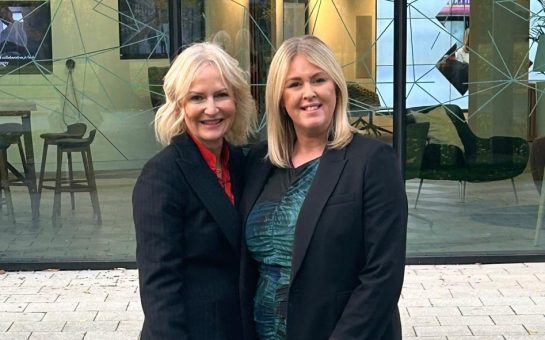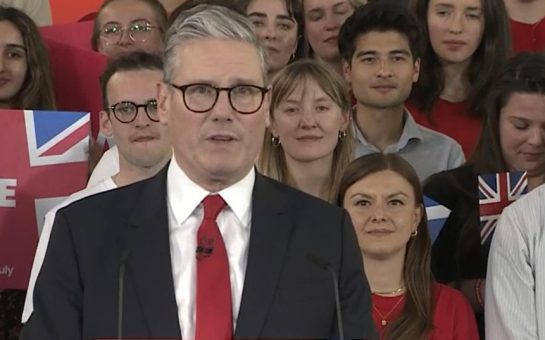Vince Cable’s war on ‘unscrupulous employers’ who use banning clauses in zero-hours contracts has been welcomed by The Greater Manchester Chamber of Commerce.
Legislation introduced yesterday will give more flexibility to workers currently forced by contracts to work for a single employer even when they only get a few paid hours.
Mr Cable’s tough stance has been welcomed by Christian Spence, Head of Business Intelligence at Greater Manchester’s Chamber of Commerce who provide business support to companies across the city.
He said: “Our member businesses were clear that the use of exclusivity clauses in zero-hours contracts is unduly exploitative of employees and were supportive of calls to make this illegal.
“The Chamber received significant feedback from its membership on the issue of zero-hours contracts noting that, whilst seeking to outlaw them in legislation would be counter-productive because of their importance in maintaining vital flexibility in the labour market for both employers and employees, aspects of their current use were considered by many to be unacceptable.”
The business secretary is pushing through this legislation in an attempt to place some controls on the explosion in zero-hours contracts since the financial crisis.
Official estimates put the number of zero contracts at around 1.4million nationwide, with another 1.3million that were inactive in the three weeks in January when employers’ books were checked by assessors.
Despite critics from focus groups, charities and Labour’s Business Secretary Chuka Umunna, Cable claims zero-hour contracts ‘have a place in today’s labour market’ and that they ‘provide opportunities for students, older people and other people looking to top up their income’.
Mr Spence agreed that zero-hours contracts are important in today’s economic climate.
He said: “It is good to see government acting sensibly by seeking to outlaw the abuses whilst understanding that the core concept is not fundamentally flawed or exploitative but vital to support business and employment growth.”
This view however was disputed by Equality North West, who state that zero-hours contracts are less profitable than businesses think.
They suggest that companies who rely on zero-hours contracts will often end up paying more in dealing with complaints and non-performance than if they used staff with full employment rights.
Equality North West, have undertaken research on Manchester firms that outsourced office cleaning and found zero-hours contracts were not necessarily the cheapest option.
Alan Wort, founding member of the group, said: “Our research showed that staff on these terms often do not turn up and the cost of dealing with non-performance meant firms were in reality paying a lot more than the contract they’d agreed.
“Whether it’s the £50million contract penalties G4S had to pay for cutting corners at the Olympics, the failure of zero-hours contracts in the home care service or the way the use of casual workers is putting train safety at risk, people are starting to realise that the exploitation of workers guarantees bad performance.”
He added: “This is not good for business and it’s not good for customers.”
Image courtesy of Liberal Democrats, with thanks.



